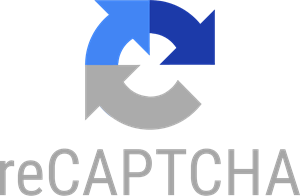We will use the information you provide to determine your eligibility. This pre-qualification will not affect your credit.
"*" indicates required fields
* All Fields Are Required. By submitting this form, you understand and agree that Standout Loans may contact you via email, SMS or phone to discuss commercial real estate loan options. Submitting this form will not constitute an agreement nor will it impact credit.

Best for startups, borrowers with limited cash on hand and lower credit scores.

An SBA loan is a government-backed loan program designed to help small businesses access financing for a variety of business purposes, including working capital, equipment purchase and real estate acquisition. The loans are provided by approved lenders and guaranteed by the U.S. Small Business Administration (SBA).
SBA loans can be used for a variety of business needs, including:
To qualify for an SBA loan, a business must:
The application process involves:
The approval process for an SBA loan can take several weeks to a few months, depending on the lender and the complexity of the application. It’s important to prepare all required documentation thoroughly to expedite the process. We are here to help you through all of it!
Interest rates for SBA loans are typically variable and tied to the Prime Rate, plus an additional margin depending on many factors. The exact rate depends on the loan amount, repayment term, and the lender’s assessment of the borrower’s creditworthiness.
Fees for SBA loans may include: –
Yes, SBA loans can be used to refinance existing business debt if it improves the terms or conditions of the debt. The new loan must provide a substantial benefit to the borrower, such as lower interest rates or longer repayment terms.
The maximum loan amount for an SBA loan is $5MM. However, the amount you can borrow depends on your business needs, the purpose of the loan, and the lender’s assessment of your ability to repay.
While collateral may be required for an SBA loan, the SBA does not deny a loan if the lack of collateral is the only reason for denial. The specific collateral requirements depend on the lender and the loan amount.




You’ll be assigned to a SimpliLoans expert who will guide you through the process.

Your loan expert will present you with the best available options for your loan.

Lorem ipsum dolor sit amet, cectetur adipiscing elit, seddo.

Lorem ipsum dolor sit amet, cectetur adipiscing elit, seddo.

Lorem ipsum dolor sit amet, cectetur adipiscing elit, seddo.

We help business owners secure financing for commercial real estate.

This site is protected by Google reCAPTCHA. Review the Privacy Policy & Terms.